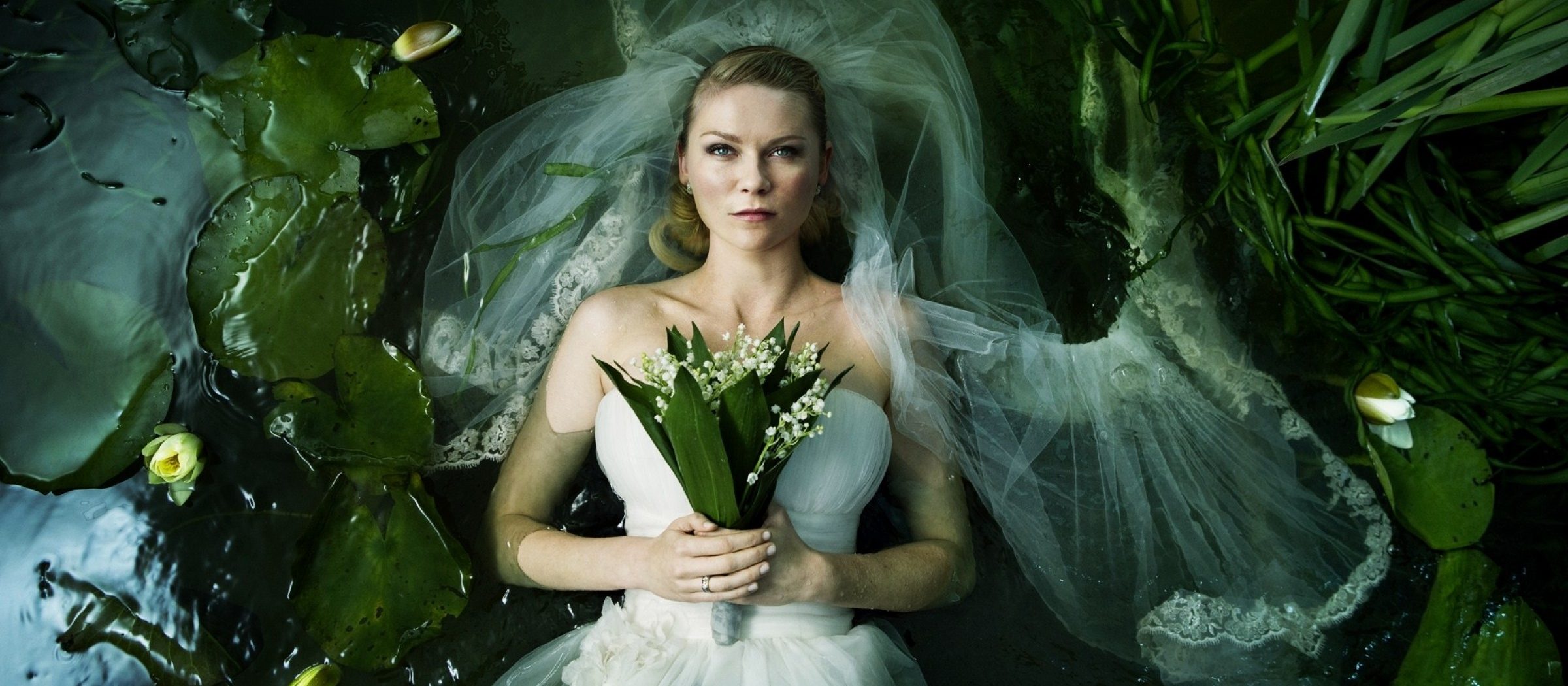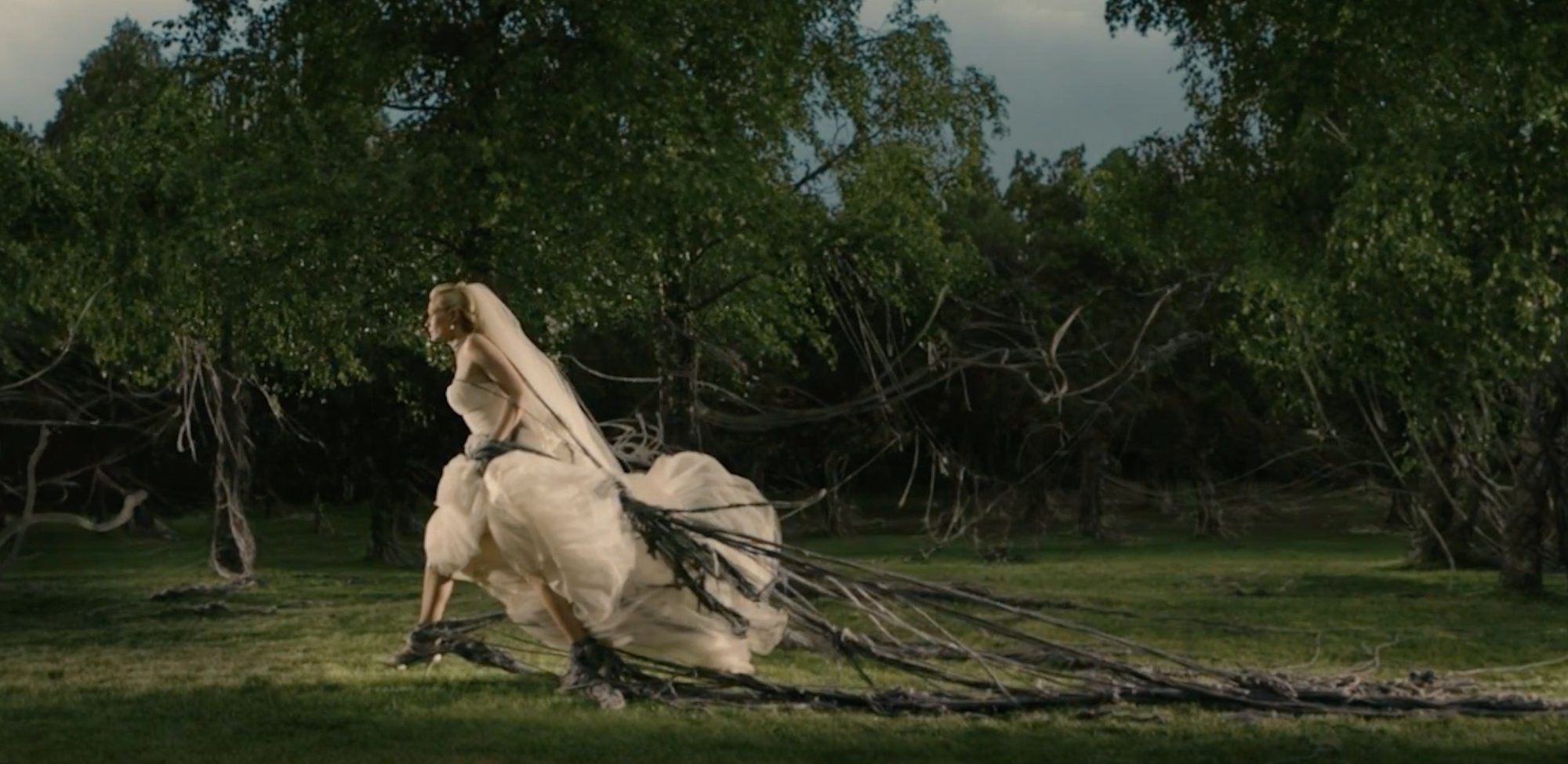

“Is everybody in your family stark raving mad?”
For better or worse, the people I remember most from my time in film class are the dudes who made fools of themselves by posturing; the type of poser who is so afraid to admit they haven’t seen a film that they’ll say they’ve seen “bits and pieces” of just about anything. After a semester of ensuring that their simpleton classmates grasped the depth and breadth of their DVD shelf, coupled with their general lack of enthusiasm for anything except, like, Marvel movies and the Fast & Furious franchise, I would begin to suspect that they simply wanted to bask in the adulation of others. Snobbery is not unique to film class, and I won’t begrudge someone their shallow way of life, but I certainly don’t envy them. In any case, I owe these hipsters a debt of gratitude—while they were eagerly name-dropping for street cred, a newbie like myself was happily jotting down all the obscure stuff that they pretended to like.
It was in this venue that I first heard of Lars von Trier. He was, so the sophisticates said, a provocateur of the highest order; a pusher of boundaries, both technical and thematic. Accordingly, all serious students of cinema should sing his praises. I’ve put him off for years but finally decided to watch Melancholia. I have to admit that I’m not sure I get the hype.
The title refers to a rogue planet that was previously hidden behind the sun and is now on an inevitable collision course with earth. The ticking of the doomsday clock is set within the confines of a countryside castle where our wealthy protagonists come to grips with their impending obliteration in different ways. Light on narrative and separated into three disparate sections—a jaw-dropping prologue and two lackluster chapters focusing on sisters Justine (Kirsten Dunst) and Claire (Charlotte Gainsbourg)—Melancholia proves challenging in many ways. There’s no denying the visual prowess on display here, nor the performances of Kirsten Dunst and her supporting cast members, but I found the challenges presented by von Trier to offer rewards incommensurate with the effort of wading through them.
In a vacuum, the hallucinatory montage of apocalyptic imagery presented in the film’s prelude might stand alone as a miniature masterpiece. Juxtaposing surreal, slow-motion compositions of the film’s central characters with images of the planets that will soon collide, set to Wagner’s ‘Tristan und Isolde’, this sequence is truly haunting and got me way too wound up to properly digest the rest of the film. Among the images presented in the prelude: Justine standing calmly as dead birds fall around her (in slo-mo); a view of the estate with every object casting two shadows; Pieter Brueghel’s The Hunters in the Snow1 slowly burning; Claire carrying her son across the estate’s golf course as her feet sink into the earth as if it is snow; tendrils of electric current emitting from Justine’s fingertips; a black horse collapsing under the light of an aurora; Justine pulling herself through stringy underbrush that grips at her wedding dress; and earth colliding with Melancholia. These images encapsulate the themes and artistically render the narrative events of the main story.

But after that brilliant opening, what do we get? A shaky cam rendition of a ritzy wedding in which the bride suffers from an existential crisis, quits her job, rejects her husband (Alexander Skarsgård), and hooks up with some random dude on the golf course while her guests try to enjoy dinner and music. She arrives two hours late to her own reception, then fakes her way through some ritualistic proceedings before departing to take a bath and sulk, leaving the joyless festivities to devolve into an embarrassing spectacle in her absence. The transition from the epic montage of the prelude to this first chapter is jarring—the mundanity of watching cheerless, entitled rich people pretending to enjoy themselves is simply too much to bear. Although excellently acted, with brief but memorable appearances from Udo Kier, John Hurt, Charlotte Rampling, and Stellan Skarsgård, this portion of the film is dominated by Justine’s depressive episode. It is by turns a stunning depiction of mental illness and an incongruous assemblage of mildly interesting awkward moments. It is tedious and redundant, made bearable only by its extensive cameos. A far cry from the splendid introduction.
The second chapter occurs some time later at the same estate; the home of Claire, her husband John (Kiefer Suthlerand), and their son Leo (Cameron Spurr). Once again hosting Justine, who is now single and basically catatonic, the family watches with varying levels of awe and trepidation as the gargantuan Melancholia approaches the earth. This chapter is unnerving due to the unexplained social isolation. I understand not wanting to watch the news, but if the earth was on a collision course with another planet I might consider it. Instead, John simply reassures his family that “the scientists” have calculated the trajectory of Melancholia and that no harm will come to them. He encourages them to relax and appreciate the opportunity to witness the historic phenomenon—until he realizes the scientists were wrong and decides to take the cowardly way out. Claire can’t help herself from constantly looking at the website of a doomsday cult and breaks down when the obliteration of the earth becomes apparent. Justine, meanwhile, seems to overcome her misery as a result of the impending end of the world; seeing the destruction of everything and everyone as a welcome reprieve from her suffering. Despite this second chapter ushering us toward the climactic event, it suffers considerably from its smaller roster, less interesting characters, limping pace and weak dialogue. Further hampering the proceedings is the deliberate lack of any scientific explanation for the astronomical event (except for John telling us that the scientists have everything under control; until they don’t). There’s just a big CGI ball hovering in the sky and our characters occasionally look at it.

My disappointment with Melancholia largely stems from two issues—the incongruence of the three sections and the reputation the film has enjoyed since its release. Critics drooled over the film and many placed it near the top of their end-of-decade lists. They loved Dunst’s portrayal of catatonia and the lush visuals, and suggested that the tale of apocalyptic despair meant something quite profound. In the early-going, I thought maybe we were heading in that direction, but by the end I felt like I’d watched a magician excitedly go about his routine without falling under his spell (aside from that breath-taking intro). Too often it felt like von Trier was just messing around with staging and theme and that nothing of import ever occurred. That’s fine if you’re making a movie that’s fun and entertaining, but with a downer like Melancholia, the hollowness quickly becomes a problem.
Any sense of wonder that was stoked by the prelude is demolished by the ensuing two acts. However excellent in seclusion, the elements on offer here simply don’t fit together well. While those prone to deep depression may find Justine to be a relatable character, her story is shoehorned into a light science fiction narrative that doesn’t coalesce into a satisfying experience. The excellent visuals and memorable performance from Dunst ultimately cannot overcome the weak writing and passionless theatrics. Writing this review I felt like Udo Kier’s testy wedding planner, who eventually becomes so infuriated with the bride that he can’t bear to look at her. With Melancholia, Lars von Trier received all the attention he could have asked for. Like Justine, he then decided that he just couldn’t get excited about it; but he still wanted the attention. Maybe I’m missing something crucial. Certainly seeing his older films may flesh out a more complete picture of the artist. But all I see at the moment is a depressed dude with a good eye for composition. It doesn’t seem profound to me, and empty theatrics only go so far.
1. Brueghel’s painting is also featured in Tarkovsky’s Solaris and The Mirror.